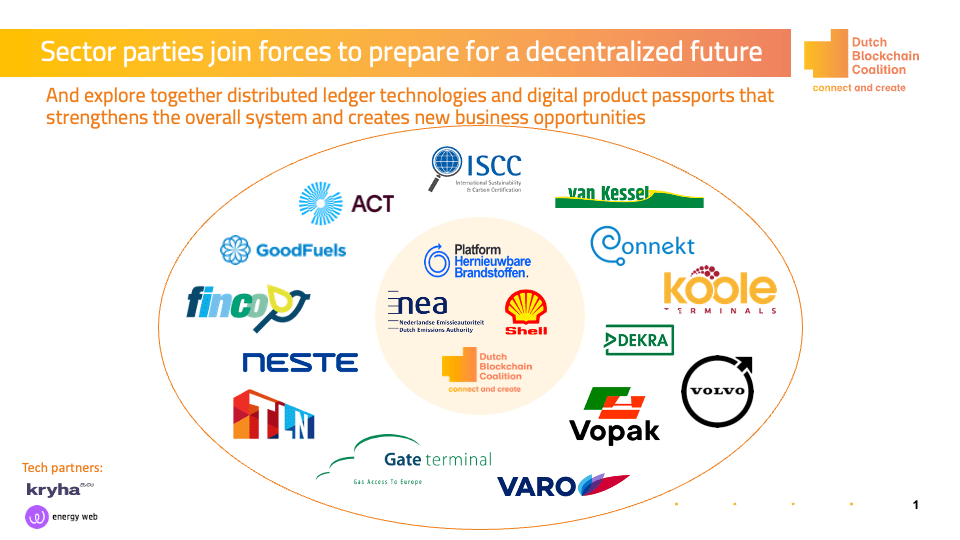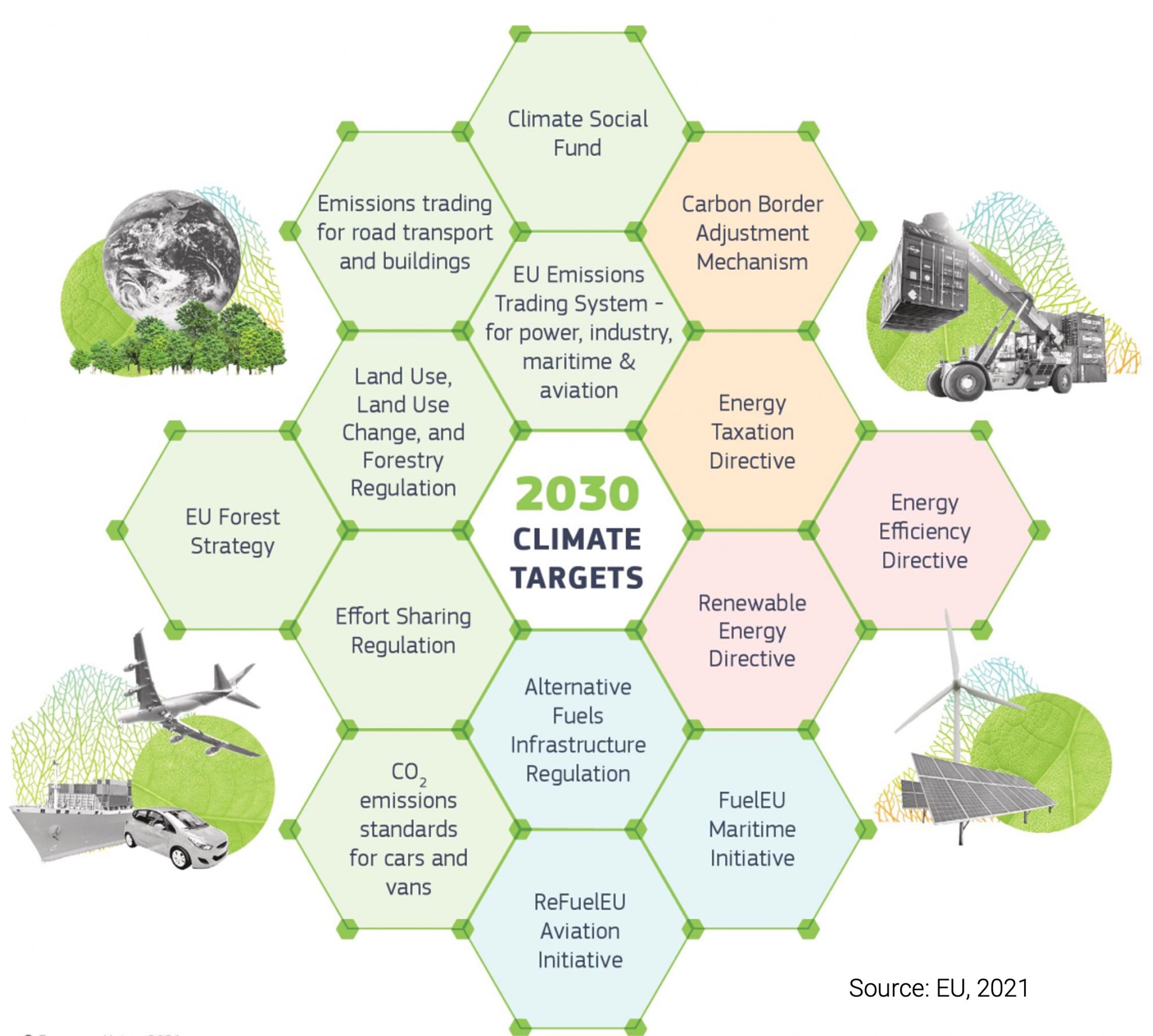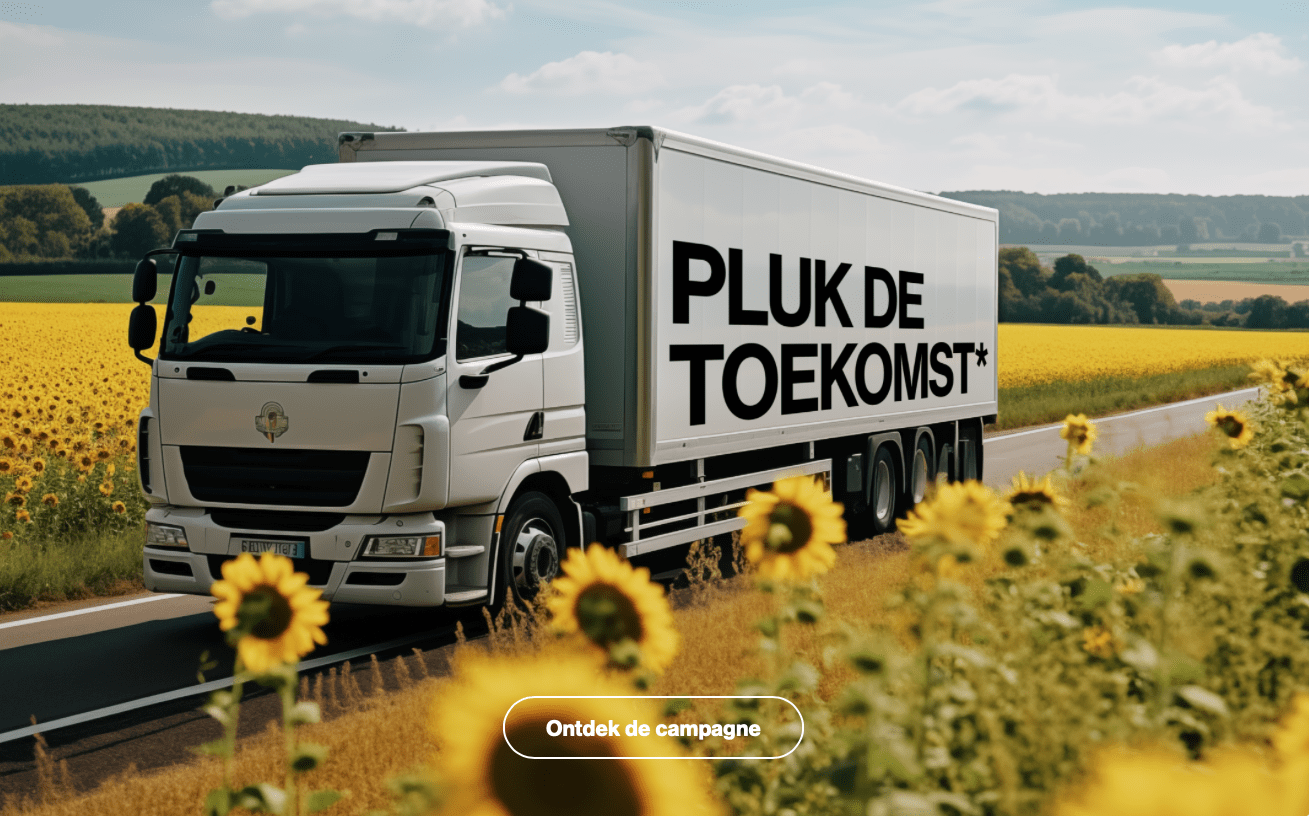Master Lectures on Renewable Fuels
For: HAN Automotive [May 2023] [May 2022] [Jan – Mar 2020] At the Automotive department of the HAN University of Applied Science Master students are educated in engine and fuel development and optimisation to secure proper, clean and efficient operation. In 2020, 2022 and 2023 Eric van den Heuvel provided […]
Master Lectures on Renewable Fuels Read More



